News
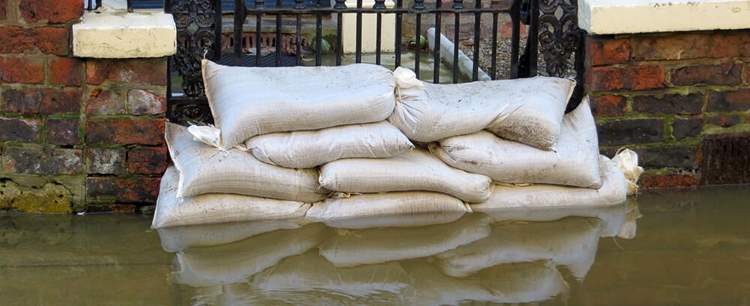
Does Landlord Insurance cover water damage? A guide for landlords
Water damage is a landlord’s worst nightmare. It can wreak havoc on your property and cost a small fortune to repair. According to the Association of British Insurers, £286m of…

Rising mortgage costs for landlords, Devon’s short-term lets under the spotlight,...
It’s been a busy time for writers of UK property news headlines. Landlords have been warned about the rising costs of mortgages. Short-term lets seem forever under the spotlight. Hotspots…

Plea to reverse decision on mortgage interest relief, latest House Price...
The latest UK property news headlines are underscored both by the challenges facing the private rented sector and continuing concern about the overall state of the housing market. Pressure groups…
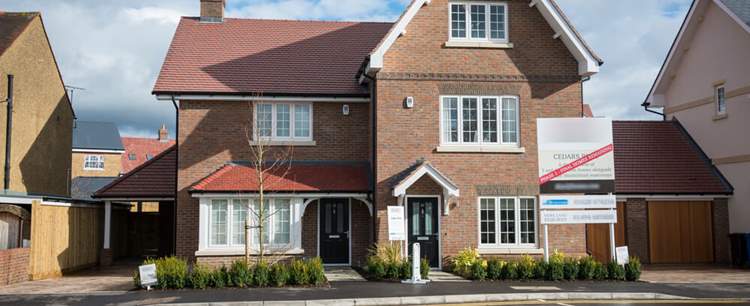
House prices this May, earnings and property prices, commercial property energy...
UK property news inevitably focuses on the state of the housing market and the movement in average house prices. The month of May is no exception. There is also an…

Expanding mortgage market, help for Welsh landlords, house prices in retreat,...
UK property news describes a housing market in relative retreat. After many months of runaway increases, prices have now stabilised to the point of dropping back several points in the…
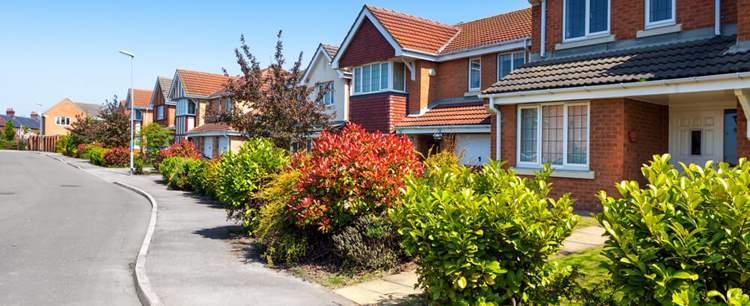
Benefit of mortgage overpayments, house prices, record prices faced by first-time...
In recent UK property news headlines, the housing market continues to feature relatively high mortgage interest rates. Although house prices have largely stabilised, they continue to creep up steadily –…
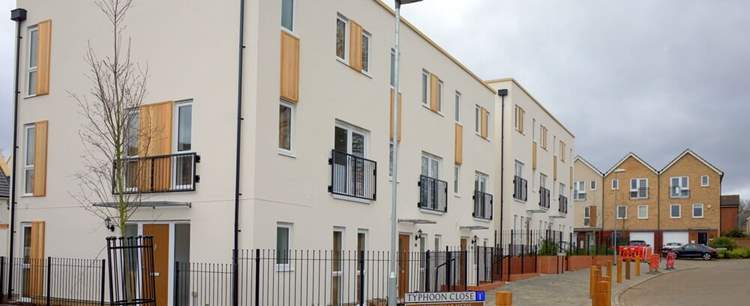
A costly exodus, a “frenzied” market, sales fall through, and is...
UK property news headlines shine a light on the market for homeowners, landlords, and tenants alike. In the private rented sector, the exodus of landlords continues even among those who…

Do I Need Unoccupied Property Insurance?
If you own an unoccupied property, you may think that standard home insurance will provide adequate coverage. But this is not always the case. Most home insurance policies are designed…

Tenants Struggle to Pay Rent, House Prices Fall, Commercial Rents Decline,...
UK property news – what’s hot? Let’s lift the curtain and look behind some of the latest headlines. There’s a mixed bag of media stories to grab the attention of…
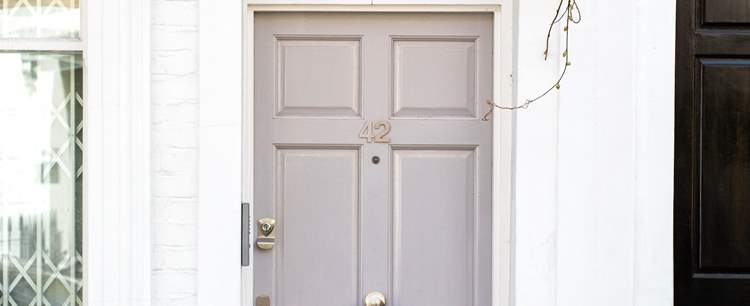
What to Consider When Buying Unoccupied Property Insurance
As a property owner or investor, you are aware of the risks involved in owning a property. And that risk only increases when a property is unoccupied for an extended…

House price index, LA licensing and enforcement, damp and mould warning,...
The house price index is a sure indicator of trends in the market and the publication of its state of play at the end-of-year featured in many UK property news…

The Risks of Under-insurance, the Rental Market, House Sales down, Unruly...
It’s a mixed bag of UK property news headlines this week. There’s a brief overview of the private rental market and rising interest rates force a decline in house sales….
Get to Know Us
Our Accreditations






